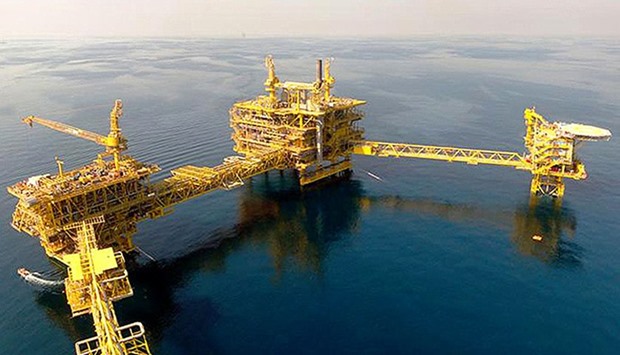Qatar's budget should be back to "near balance" by 2018, as it overcomes the shock waves from a global fall in energy prices, economists at Qatar National Bank have forecast.
The QNB, in its "Qatar Economic Insight" report, predicts that rising oil prices and the introduction of a value-added tax will help Qatar recover from the deficits expected in 2016 and 2017.
"The government's budget balance is expected to register a deficit of 5.3 percent of GDP in 2016 and 2.2 percent in 2017, before recovering to near balance in 2018," the report said.
"The government's revenue is expected to recover in 2017 with rising oil prices.
"Furthermore, the introduction of a value-added tax (expected at 5 percent rate) should boost the government's revenue in 2018 by about 1 percent of GDP."
This year Qatar faces its first budget deficit in 15 years -- expected to total more than $12 billion -- as the emirate copes with the oil price slump.
Qatar, a major energy exporter, has 40 years' worth of oil reserves and 135 years' worth of gas at current extraction rates, the QNB said.
Despite belt-tightening in some sectors, spending on major infrastructure projects will continue as the country prepares to host the 2022 football World Cup, the bank added.

Qatar has 40 years' worth of oil reserves and 135 years' worth of gas at current extraction rates, says QNB
